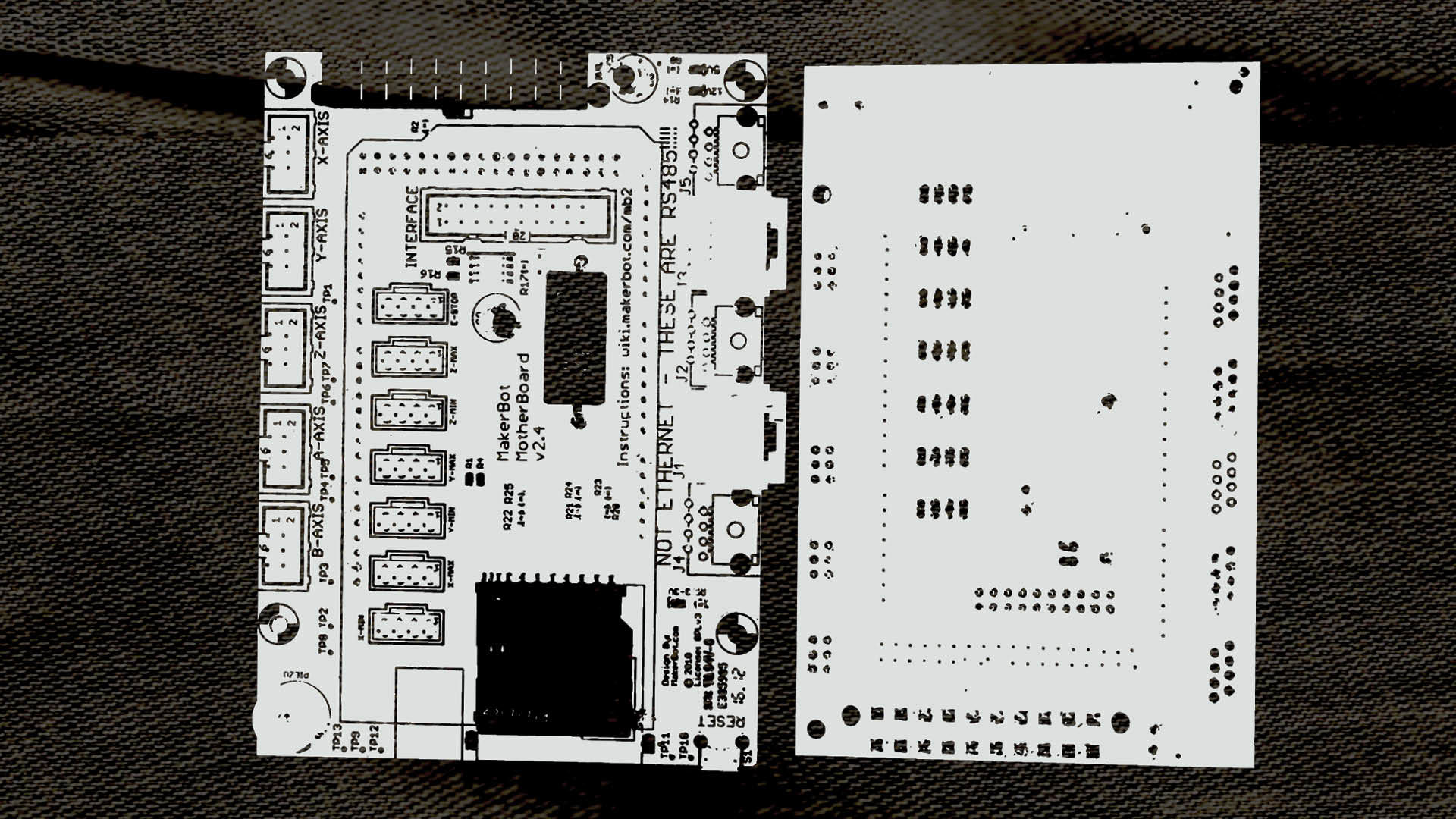Dumb, Smart, or Just Chronically Online?
Your brain is under attack, and your phone is the evil mastermind. It makes you feel smarter, but are you? In a world where information is infinite, are we levelling up our intelligence or just mistaking mindless scrolling for learning?

Your phone pings—you tell yourself it’ll only take a second. Just one reply, then back to work. But suddenly, 45 minutes have evaporated. You’ve tumbled down a digital rabbit hole, now inexplicably well-versed in medieval rabbit warfare, emotionally invested in the science behind why ‘old book smell’ is addictive, and debating whether that half-wilted cabbage in your fridge is salvageable (spoiler: it’s not). Snapping back to reality, you wonder—was that an educational deep dive or just a high-speed binge of useless trivia?
In an era where knowledge is limitless, why does our attention feel so fragile?
Some argue that smartphones are rewiring our brains, fragmenting our focus, and reducing us to dopamine-chasing zombies. Others insist they’ve made us hyper-efficient learners, capable of absorbing information at unprecedented speeds. So, which is it? Are we becoming more knowledgeable, or is the algorithm just exceptionally good at making us feel like we are?
The Conspiracy of Convenience
Scrolling through bite-sized educational content can feel like a productivity win. Platforms like TikTok and Instagram Reels have pioneered ‘microlearning,’ where complex ideas are distilled into digestible, dopamine-inducing clips. In a world dominated by short-form content, why wouldn’t we turn to these platforms for education?
The appeal is obvious: accessibility. Why endure an hour-long lecture when apps like Duolingo, Quizlet, and Khan Academy serve up quick-hit lessons on demand? The rise of microlearning suggests that traditional education—long lectures, dense textbooks, and tedious note-taking—belongs to a bygone era.
But does this rapid-fire knowledge actually stick? We skim, we scroll, we soak up quick facts—but how much of it lasts beyond the moment? We’ve all heard that our attention spans are shrinking; many of us, myself included, have felt it. Deep learning—the process of critically analysing and applying knowledge—requires sustained focus, something that’s increasingly difficult in a world of endless distractions.
A snappy, one-minute explainer on quantum mechanics might make us feel informed, but does it truly compare to grappling with the dense equations in a textbook? Quick exposure to information isn’t the same as deep comprehension, and when knowledge is reduced to soundbites, we risk mistaking familiarity for mastery.
Misinformation and the Algorithmic Abyss
The issue isn’t just picking up surface-level knowledge—it’s accepting it without question. For every well-researched, expert-led video, there’s an equally confident, conspiracy-fueled deep dive. AI-generated content has further blurred these lines. It’s no longer enough to question sources; we now have to consider whether the crisp infographic or hyper-realistic video we just watched was filmed or generated. And let’s be honest—if you’ve seen those eerie AI-generated Instagram reels, you know we’re in trouble.
Distinguishing knowledge from noise has never been more difficult. When every fact, half-truth, and outright fabrication is delivered in the same slick, confidence-inspiring format, separating genuine learning from surface-level skimming feels like an uphill battle.
The Real Conspiracy
So, are our phones making us smarter or dumber? The answer is both. We have access to more information than any generation before us, but we’re also at risk of mistaking exposure for understanding and accessibility for certitude—trading depth for convenience and surrendering our ability to engage with complexity.
Maybe the real conspiracy isn’t that our phones are making us less intelligent—it’s that we’ve been led to believe that learning should always be fast, easy, and entertaining. True knowledge isn’t a perfectly curated slideshow with lo-fi beats in the background; it’s messy, frustrating, and time-consuming. It demands effort, struggle, and, occasionally, the horrifying experience of reading an actual book.
Microlearning has its place, but real intellectual growth happens when we slow down, wrestle with difficult ideas, and resist the urge to skim our way to the illusion of intelligence. The question isn’t whether our phones are making us smarter or dumber—it’s whether we’re still willing to put in the work to be informed.
Because if you’re not occasionally confused, frustrated, or questioning your entire existence while studying, are you really learning at all?

 -
-